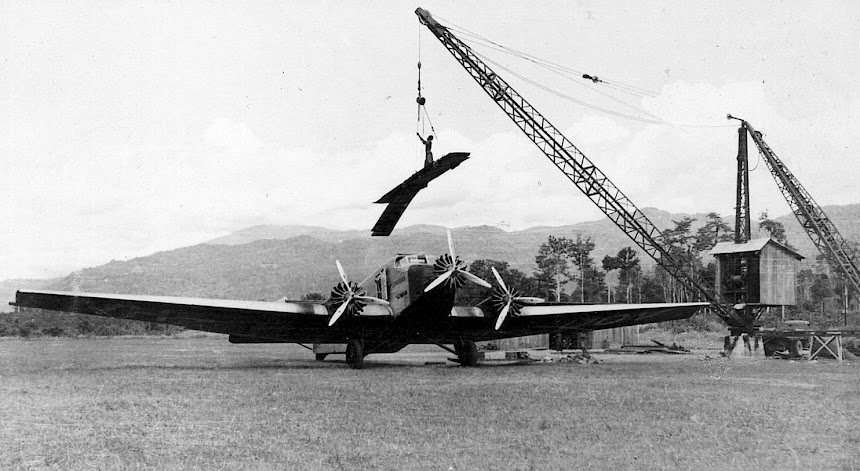By MALUM NALU
Bulolo MP Sam Basil has commended author Michael Waterhouse for his new book on the history of the Wau/Bulolo goldfields, titled Not A Poor Man’s Field.
Basil said this in Port Moresby last Friday at the launch of the book at the Crowne Plaza in Port Moresby.
“Michael’s meticulous research and writing in to the history of the Wau/Bulolo goldfields is commendable and I think it is appropriate that he wants to share his work with us here in our capital, Port Moresby,” he said.
“He gives us an excellent in sight and historical perspective of the exploration and mining industry in the early pioneering days.
“This book should be a ‘must read’ for scholars, educationists and students in all our schools and higher learning institutions in Papua New Guinea.”
Basil said Dr Ross Garnaut described it well when he said in his foreword: “The Wau/Bulolo goldfields was a forerunner of the great resource projects which have brought together a modern infrastructure to isolated areas in Bougainville, Ok Tedi, Porgera, Kutubu and Lihir, and established the sinews of independent Papua New Guinea.”
“I am proud to say that I am a product from Bulolo,” Basil added.
“As a small boy growing up in my village near the township of Bulolo, it never really dawned on me at such a young age show much Bulolo and Wau had contributed to the development of the mining industry, and indeed the resource sector of Papua New Guinea.
“Despite our rich history, it had little significance on me but it is through such books as this that I am now more knowledgeable and interested in my history.
“There could be many more books written about Wau and Bulolo which can draw attention to the significant contribution she has made to the economic and social development of Papua New Guinea for over 100 years.
“For instance, the birth of the coffee industry, the aviation industry and rugby league all started in Wau and Bulolo.
“I hope Michael can take these up as his next assignments.
“In Papua New Guinea, we have a very bad reputation of keeping official and public records.
“Our government archive system and public libraries are in a total mess and government records dating back to the late 1800s and early 1900s have all been destroyed.
“Any historical records on our country that survive today are now kept in the museums and archives of our former colonial rulers like Australia, Great Britain, Germany, Japan and Holland.
“Very little remains in PNG so we need to support our major universities with regular funding so that future generations of Papua New Guineans and scholars can access these records.
“It is sad to see that some of our languages and history are on the way to extinction.
“I think that it has been for generations that our Melanesian forefathers have been teaching out history by word-of-mouth, that we do not have a tradition of keeping written records.
“For Papua New Guinea to modernise and join the global family, then we must mentor and encourage our young people to accept our history and old traditions, and get them excited about our history and culture.
“We must encourage young PNG authors to write about their country.”
Basil commended the Chamber of Mines and Petroleum, Barrick, Morobe Mining Joint Ventures (comprising Harmony and Newcrest) and Bank South Pacific for supporting publication of the book.

No comments:
Post a Comment